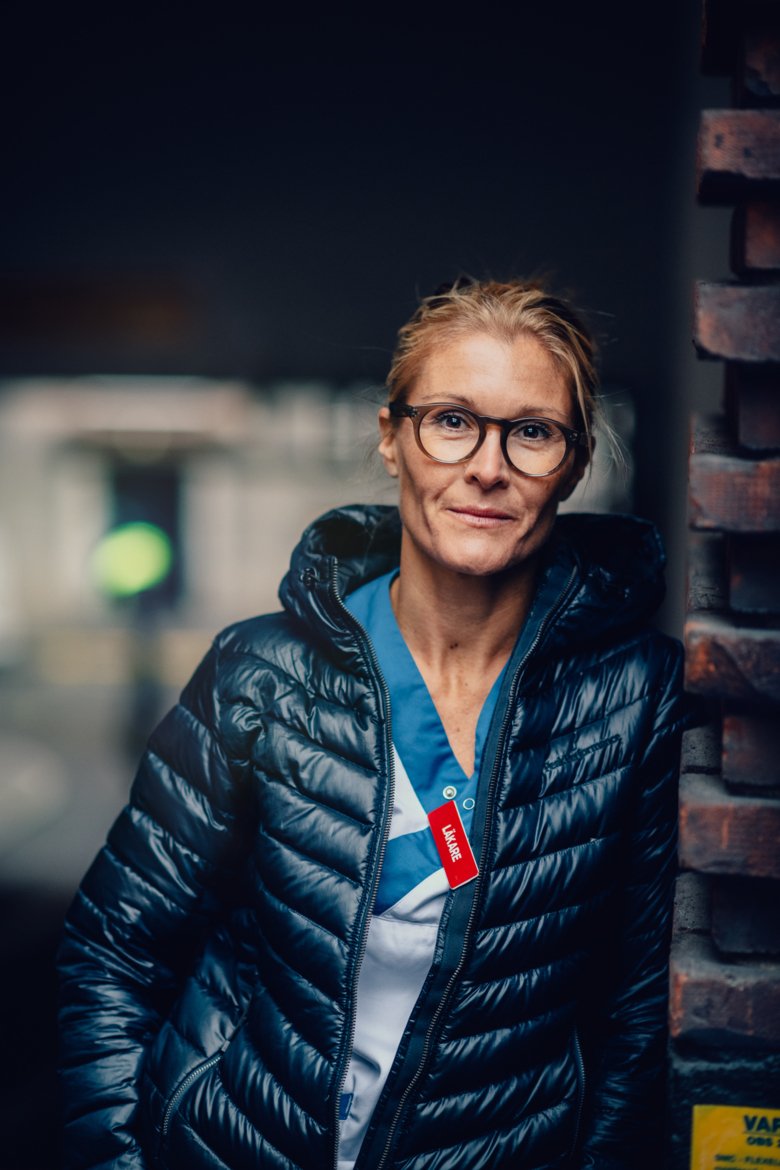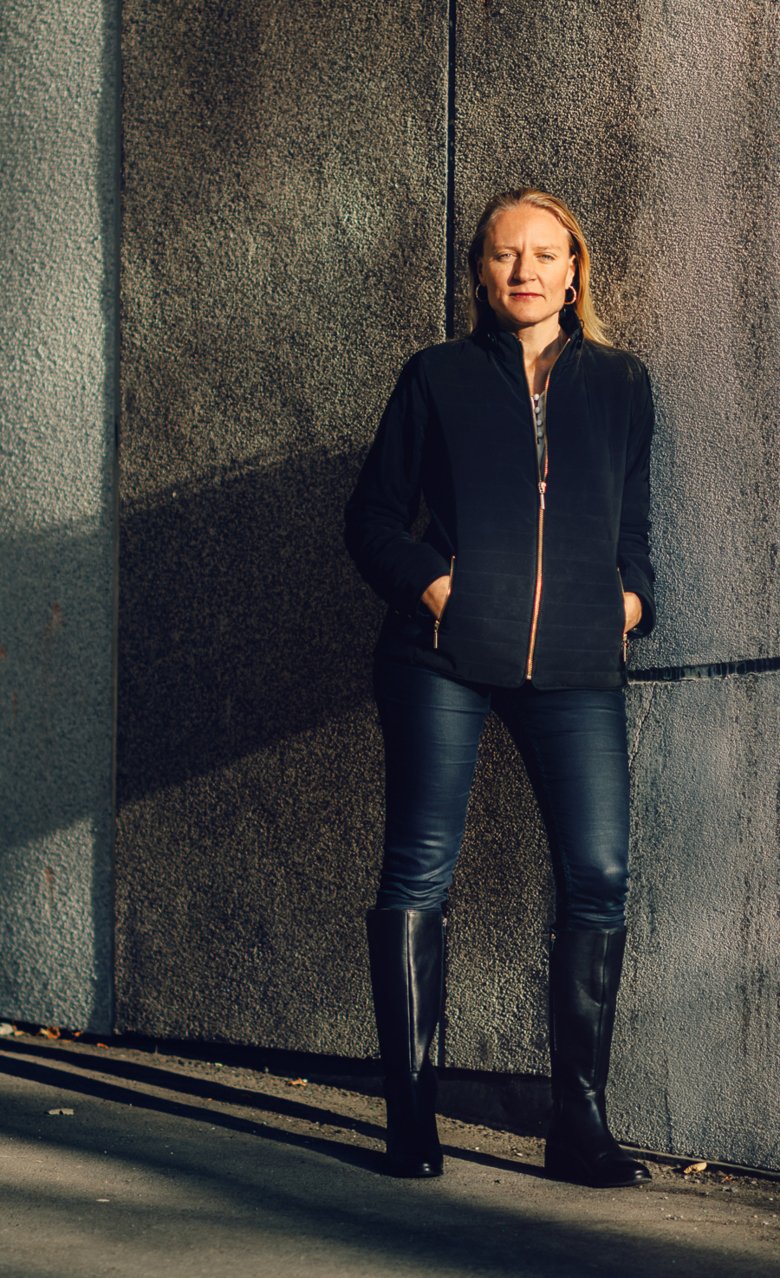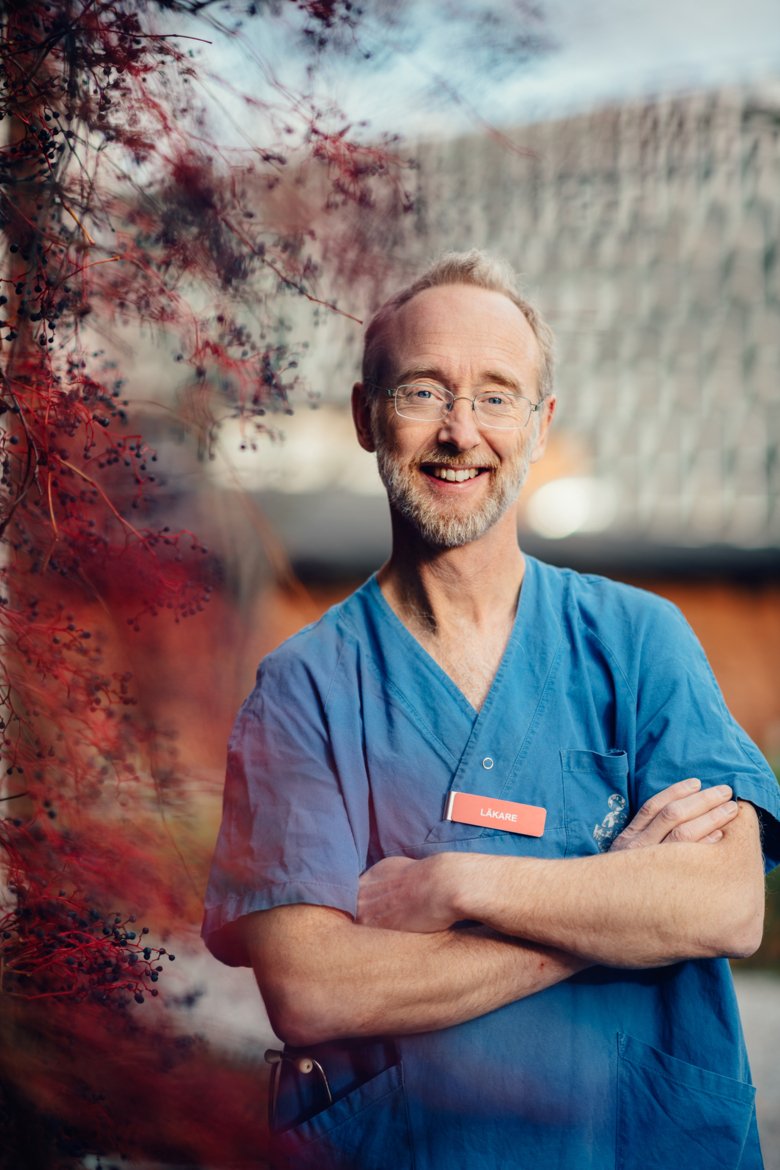Three researchers fighting ignorance
In the era of fake news, standing up for facts is becoming increasingly important. Meet three researchers on a crusade against misinformation.
“I can’t stay quiet”
Name: Lotta Borg Skoglund
Title: Researcher associated with the Department of Clinical Neuroscience, Karolinska Institutet.
Conducts research into: Comorbidity between ADHD and addiction disorder.
Key message: ADHD is not a superpower.

“I see how much my ADHD patients struggle, so I feel that it is my responsibility to stand up for them. That is why I am out there, spreading knowledge and challenging claims. There was an effective little study recently which indicated changes in the white brain matter of children who had received ADHD medication. This news were perceived as frightening, as the headlines claimed that the medication had altered their brains. I then took to the airwaves to try to provide some nuance and indicated that the find could just as easily be a desired effect of the treatment.
Scientifically weak arguments receiving so much media attention just distresses me. And when people speak of ADHD in a trivialising fashion, I get angry. I will contact the publications myself if I read something that I think is wrong. The common misconception in the media is that everyone has a little ADHD. That is of course not true, with underdiagnosis being the most serious problem. We are missing large groups of girls, who have neither been diagnosed nor received treatment.
For example, teenage pregnancies are rare in Sweden, but girls with ADHD still run a high risk of getting pregnant when their are teenagers. A diagnosis is an important risk factor for almost every public health marker that we are seeking to prevent. On average, it causes people to lose 13 years of their lives. I wrote a thesis in 2015 about the comorbidity between ADHD and addiction disorder. Those who struggle the most to quit smoking, who drink too much, end up killing themselves while driving a moped, or who fall out a window could be the same children or adults with ADHD.
To be out there debating is not seen as particularly credible. In fact, it is seen as something embarrassing. It is not something I do to become popular, I do it because I am passionate about this group of patients, and I can’t stay quiet.”
“The battle on social media is worth fighting”
Name: Helena Kopp Kallner
Title: Researcher at the Department of Clinical Neuroscience, Karolinska Institutet.
Conducts research into: Menstruation, myoma, contraception and abortions.
Key message: Women should not be limited by the fact that they are women.

“It’s just crazy how many misconceptions there are about menstruation and contraception. A large, vocal online group are propagating the message that contraceptives will make you depressed. There is also a lot of menstrual romanticising, where menstruation is associated with womanhood, despite many women suffering due to their menstruation.
My research is centred around how we can use contraception in new and better ways, but also new treatments for PMS, heavy menstrual bleeding and myoma. I want women to be able to achieve their full potential and not be limited by the fact that they are women, or by other people’s prejudices about what it means to be a woman.
I try to respond to the largest groups of the self-proclaimed experts and question them. And you have to take the debate where it is being held, which today includes both traditional and social media. Aside from the support I get, I also see a lot of contempt for science. But we cannot let misconceptions and prejudice take over. As scientists, we have a responsibility in this matter. I believe in a clear message.
It can be difficult to talk back without coming off as belittling, which is a big concern. I’m still learning how to tell someone that they are wrong but still formulate my argument so that the individual still feels seen. I have always had a problem letting stupid statements slide, it is part of who I am, but you have to pick your battles. I think the battle on social media is worth fighting if we want to spread our research and or messages.”
“I want to reach those who do not read"
Name: Jonas F. Ludvigsson
Title: Professor at the Department of Medical Epidemiology and Biostatistics.
Conducts research into: Celiac disease and vaccinations
Key message: That researchers can take a stand on political issues.

“Over the past decade, I have written hundreds of debate articles. I become challenged to action by societal injustice, when weak people suffer, issues involving children, politics – and fake news. I am driven by a will to make the world a better place, and when I have an important scientific discovery, I try to communicate it to the public, often through the press.
When our research group had demonstrated that swine flu vaccinations during pregnancy are harmless to the fetus, I wrote a piece for DN Debatt. Even though fighting the anti-vaccination movement in the morning paper is not always the best approach, most who read the major newspapers already vaccinate their children. The main reason I have taken on the role as TV4’s house doctor is to also reach those who do not read the newspapers.
Once you take a stand, things can get pretty rough. Following a debate article about maternity care, a person requested my email address. And when I suggested that a fee should be added to emergency paediatric care, I was told that I should end up in a dump. But to my way of thinking, there are two paths; either you can give in to hate and stop writing about issues you feel strongly about, or accept that you will be attacked and that it is a price worth paying to be able to change important issues.
Over the years, I have learned to listen to my opponents. An issue where I have changed my mind over time is assessing the age of unaccompanied minors. Initially, I was against these kinds of assessments, but having listened to many arguments and opinions, I have partially changed my mind.”
As told to: Maja Lundbäck, first published in Swedish in Medicinsk Vetenskap, No 4/2019.
